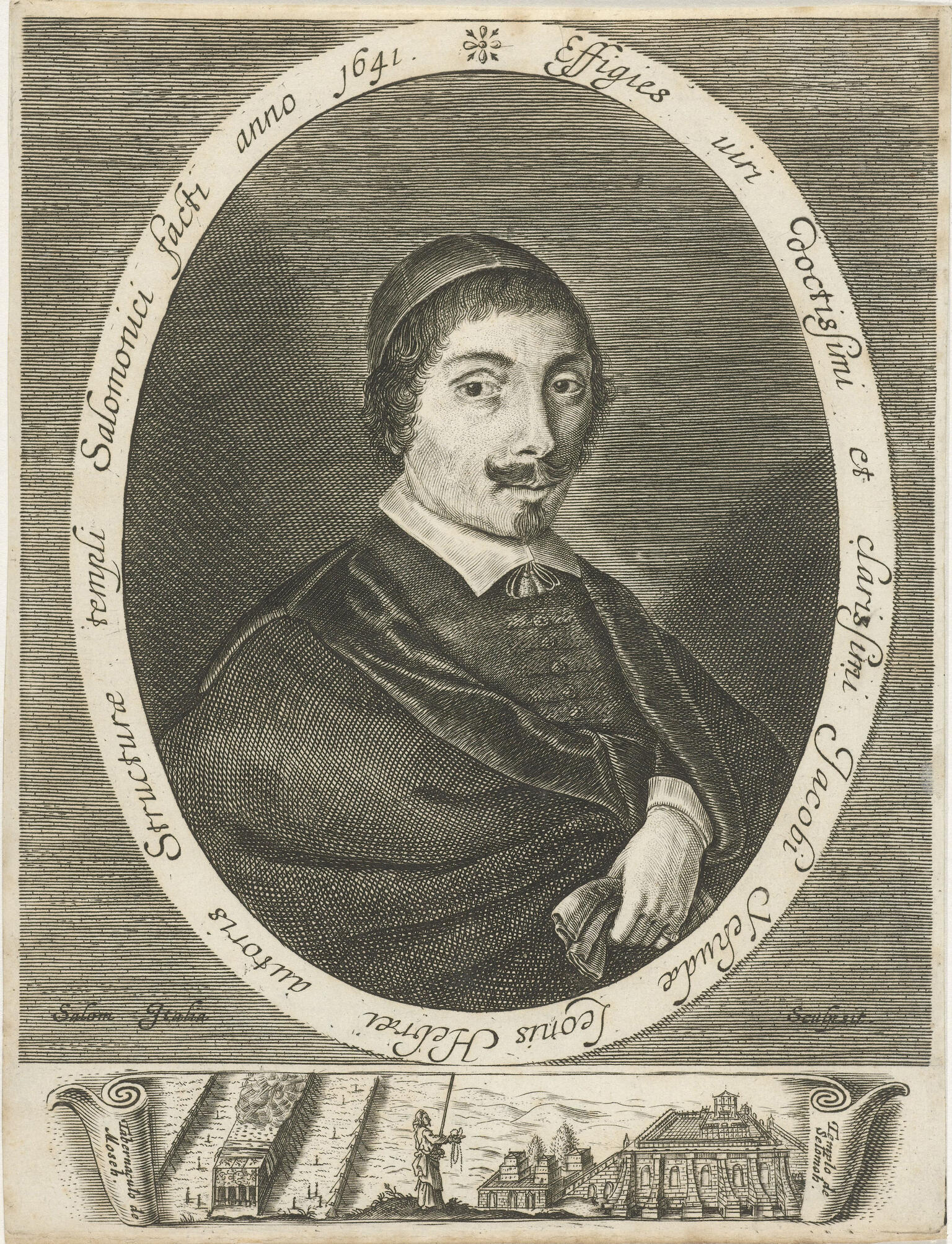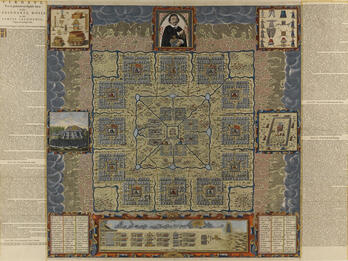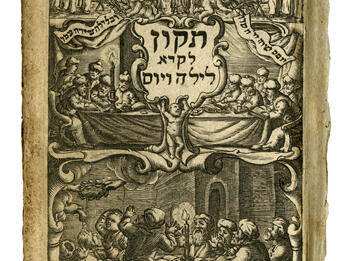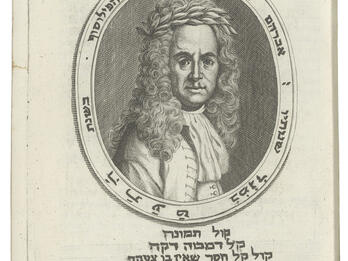Melits yosher (Upright Advocate)
Introduction
This introduction will speak about how important the person is through the Torah. One may read them, since there are many teachings with intentions inside. The teaching of the Lord is perfect, renewing life [Ps 19.8.]. It is not anything else in the world that brings the soul to its first state, but the Torah that brings the person under the Throne of Glory. It is the evil inclination that brings the person to all transgressions, so that he cannot come to the world to Come. Therefore, the Torah was given, which counteracts the evil inclination.
This has awakened me to make books in Yiddish to benefit the public, so that the people should not say: we do not have books, since we do not understand Hebrew. Therefore, I have selected from important books and have translated it into Yiddish. I did not want to boast, so my interpretations are few. Nonetheless, I have benefited the public. Concerning this, the prophet Isaiah said, “Seek the Lord while He can be found, call to Him while He is near” [Isa 55.6]. Seek God when he can be found, call to Him when He is near. One can ask here. Why does it say “seek” twice, since it means seek, and call to him means call? This is all one. Put aside one of them. Write “seek Him” and put aside, call him. One can further ask, write “when He can be found,” when He can be found, and put aside, “when He is near.” They all mean the same thing.
The explanation is that the prophet shows us that when someone gets up to preach divine things, that is to say, the Torah, he wants to preach it as it is found. That is to say, he found the same sermon in books, and he gets up to preach. The sermon is not to be praised. Why, “call to Him when He is near.” That is to say, each person will be able to read it when he will come close to it, in the book from which he took it. Furthermore, “Seek the Lord while He can be found.” When somebody wants to preach what he found, that is to say, he found this in books and he gets up to preach. “Call to Him while He is near.” He should call the sermon and give it a name of who is close to it. That is to say, he should say in which book he found it, in the name of the one who said it. Thus, the sermon is not so bad. Furthermore, where He can be found; one wants to preach as he found it in the books. “Call to Him while He is near.” He should see that the sermon at least has a purpose. Everyone can read it, if they only come close to it. This [is] the meaning of, “Call to Him while He is near.” Whoever comes to it should be able to read it.
This is when someone makes something in a language that everyone can understand. In these generations, in the majority of lands this is the language of Ashkenas. Therefore, it is just to make everything in Yiddish. In particular, since I have seen the book, Ze’enah U-Re’enah, that is in Yiddish and everyone desires to learn from it. Therefore, it has been printed many times more than other important books, because it is in Yiddish. There is very little study, because of our sins, since not everybody understands difficult terms. When one already wants to study, he can’t because of difficulties earning a living, in particular, those who were yeshivah students before they married. When they take a wife, they throw away the Torah and become an ignoramus. When he gets old, he has regret. As soon as he sees a religious book in Yiddish, he buys it and reminds himself, let me also study Torah. He knows well that Torah study is the priority.
Credits
Published in: The Posen Library of Jewish Culture and Civilization, vol. 5.








